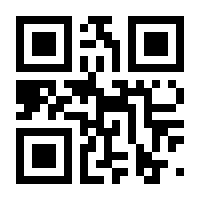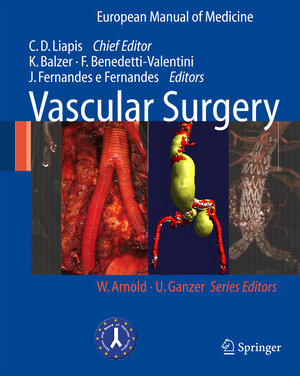Vascular Surgery
herausgegeben von Christos D. Liapis, Klaus Balzer, Fabrizio Benedetti-Valentini und Jose Fernandes e FernandesGregory D. Skalkeas Professor Emeritus, Academician, President of the Foundation of Biomedical Research of the Academy of Athens Vascular surgery has acquired a well-established identity throughout the Eu- pean Union, where vascular diseases are still the leading cause (40%) of death and disability. Proper management of vascular diseases is dependent on public awareness and appropriate training of specialists. Tis stands true for every medical d- cipline. For vascular surgery it has an additional aspect because, besides the required above-average standard of technical dexterity, the vascular surgeon should also be well versed in a variety of subjects such as molecular biology, in the use of ultrasound and – with the introduction of endovascular techniques – a skilful operator of guidewires and laparoscopic instruments. All the ac- mulated know-how and skills required for proper management of the vascular patient demand a rapid change in the training of vascular surgeons and an - depth knowledge of the various manifestations of vascular diseases. Te information necessary for the above is disseminated through books, journals and the internet. Most of the time, however, articles in journals refect the experience and enthusiasm of the authors on the subject but not the level of knowledge of the medical community as a whole. Electronic information is fast and reliable but always gives the reader the impression of being short-lived. Books, on the other hand, allow a refection of what has been written and a true interactive role for the reader.







